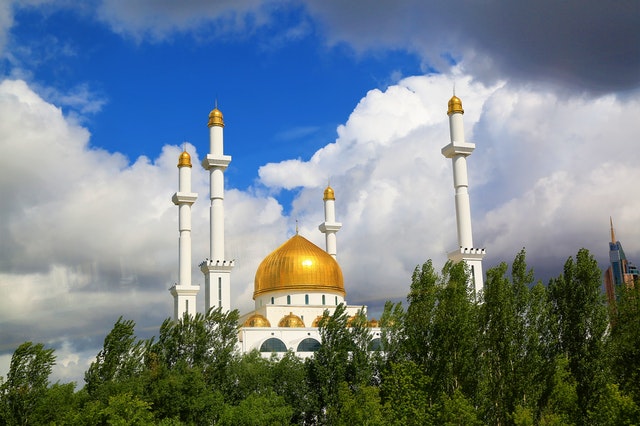
Coinposters
CBDC Pilot Project in Kazakhstan

Kazakhstan has published the outcomes of a pilot program for hits digital teng. This nation is responsible for one of the biggest sources of power for Bitcoin mining hash. A report published on Wednesday states that the NBK (National Bank of Kazakhstan) stated that it was official that they may implement a central bank digital currency (CBDC) for retail purposes. The Central Bank Digital Currency would be on technology for a distributed ledger. So far, the National Bank of Kazakhstan piloted the offering to its citizens. It assessed how its citizens may choose to use the digital tenge. They looked at its application for offline payments and also how programmable the solution is.
About the Testing
In a number of scenarios of a hypothetical nature, the National Bank of Kazakhstan tested how the central bank digital currency could be utilized by second-tier banks and also external users. The pilot also attempted to investigate how the currency can work for cases of cross-border transactions within the framework of Kazakhstan’s regulations.
Report Outcomes
Some of the outcomes of the findings of the investigation state that NBK should consider increasing the scope of the participants to include market participants and infrastructure-level participants. These participants would help play out different scenarios. They would also assist in clarifying language to be utilized by the NBK and other regulators. The NBK also suggested the launch of a Digital Tenge Hub. The Digital Tenge hub would facilitate collaboration between market participants and the development team for the central bank digital currency.
Further comments from the report
The report stated that the National Bank of Kazakhstan would work at guaranteeing the development of a complete model. The model would help in deciding on introducing the digital tenge and the performance of a presentation of interim results of the study. They would also aim to have discourse with stakeholders next year in July. Thereafter, Kazakhstan would make a decision on the necessity of having a digital tenge introduction next year, in December. This would take into account the complete results based on the comprehensive study and a completed model.
Back in May, the country stated that a central bank digital currency would not become the replacement for cashless payments or cash. This is when the country initiated discussions on the possibility of the introduction of a digital tenge. However, since then, many cryptocurrency miners that left China after its ban have made Kazakhstan their new business premise. These new developments have also contributed to news of Kazakhstan experiencing power problems from this and the positive contribution of additional revenues.
About Kazakhstan
Kazakhstan is considered part of Euro-Asia. The nation of Kazakhstan is comprised of a very diverse population. Its residents include Kazakh, Russian, Usbek, Ukrainian, Tatar, Uighur, and German. It happens to be a member of the Euroasian Economic Union. This alliance includes Armenia, Belarus, Kyrgyzstan, Kazakhstan, and Russia. The urban areas of Kazakhstan actually have more foreigners than nationals. These foreigners in the urban areas tend to mainly be Slavs. Kazakhstan is the home of numerous natural resources. They manufacture rolled steel, cement, chemical fertilizer, consumer goods, and cast iron among other things in Kazakhstan.
Even though manufacturing is a big part of their industry sector, only 10% of its citizens are employed in it. Many foreigners from neighboring countries work in this industry in Kazakhstan. It manages to export manufactured goods, chemical products, agricultural products, and raw materials. Some of the exports that the country delivers are natural gas, various metals, and oil. The nation has good trade relations with Italy, the Netherlands, Russia, and China. Kazakhstan also imports various goods from China, Russia, and other nations. These goods include metal, chemical products, machinery, and food.
Latest
News
03 Feb 2026












